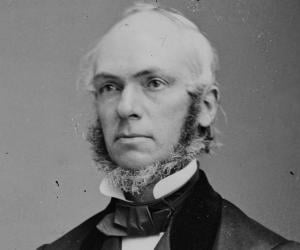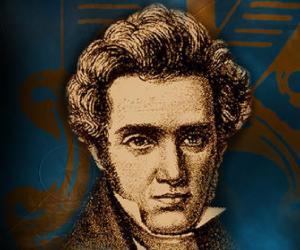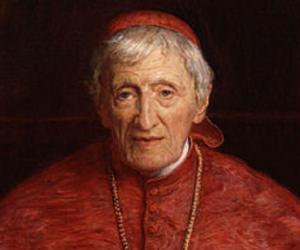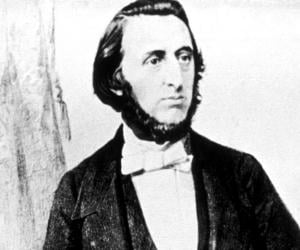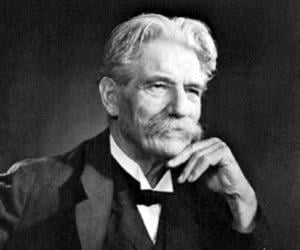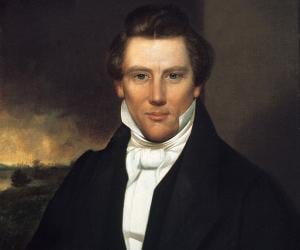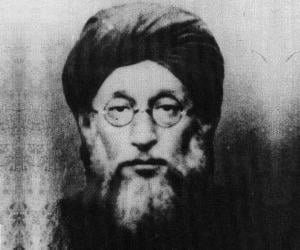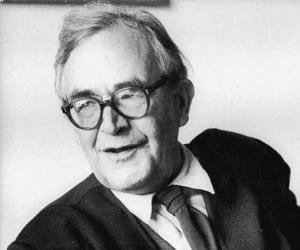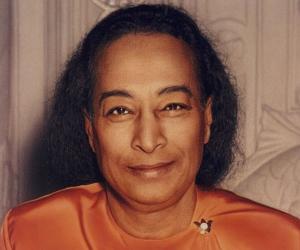Soren Kierkegaard was a Danish philosopher, theologian, social critic, poet, and religious author. Widely regarded as the first existentialist philosopher, Soren Kierkegaard is sometimes referred to as the Father of Existentialism. He is also credited with influencing many theologians, philosophers, and writers like Paul Feyerabend, Ludwig Wittgenstein, and Jorge Luis Borges.
An important figure in the English religious history, John Henry Newman was a nineteenth century theologian, scholar and poet. Famed for leading the Oxford movement in the Church of England, he later switched to the Roman Catholic Church, eventually becoming the Cardinal Deacon of St. George in Velabro. Also an influential educator and writer, he was canonized in October 2019.
Hailed as the Prophet of the Poor, William Booth was the co-founder and the first the General of the Salvation Army, a Christian church known for its world-wide charitable work. Initially a Methodist preacher, he was moved by the plight of the poor and formed the Salvation Army, aiming to deliver salvation by meeting both their physical and spiritual needs.
Albert Schweitzer was an Alsatian polymath who won the Nobel Peace Prize in 1952 for his philosophical work, Reverence for Life. He is credited with founding the Albert Schweitzer Hospital, which was a direct result of his philosophical expression. Schweitzer is also credited with influencing the Organ reform movement, which began in the mid-20th-century.

Initially a professor of theology, philosopher Rudolf Otto later contributed to some of the most significant works of theology, such as The Idea of the Holy. He was also a member of the Prussian Parliament and is remembered for his services to Christianity and his idea of numinous.
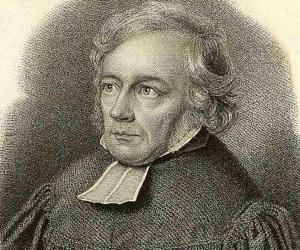
Hailed as an early leader of liberal Christianity, Lutheran philosopher Friedrich Schleiermacher was also an eminent biblical scholar and theologian. Best remembered for his works on hermeneutics and theory of translation, he also had a great impact on the evolution of higher criticism and became known for his attempt to reconcile the criticisms of the Enlightenment with traditional Protestant Christianity.
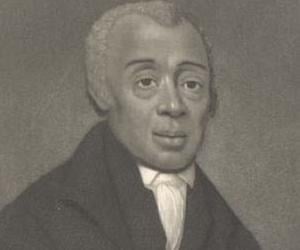
Born to slave parents, American clergyman Richard Allen became a Methodist convert at 22. He later founded the African Methodist Episcopal Church and served as its first bishop. Apart from establishing the first church for Blacks in the U.S., he worked on various aspects to improve the lives of Blacks.
Religious leader Joseph Smith Jr. is known as the founder of the Mormonism and the Latter Day Saint movement. He also published the Book of Mormon. He established his communities in Ohio and Missouri and eventually founded the city Nauvoo in Illinois, which became the center of his spiritual activities.
Ahmed Raza Khan Barelvi, also known as Ala-Hazrat, was a renowned Islamic scholar and an Urdu poet. Born in Bareilly, British India, he belonged to a family of Rohilla Pushtuns who had migrated from Qandahar. He wrote about various subjects such as philosophy, science, and astronomy.
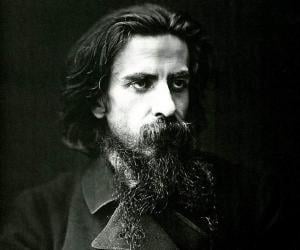
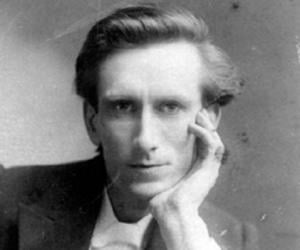
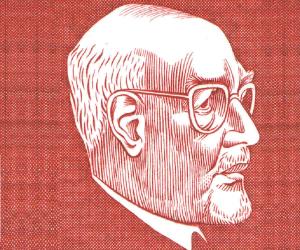
German rabbi and spiritual leader Leo Baeck remains a symbol of liberal Jewish thinking of the Nazi era. He is best remembered for The Essence of Judaism and This People Israel, the latter of which was penned by him while in a Nazi concentration camp.
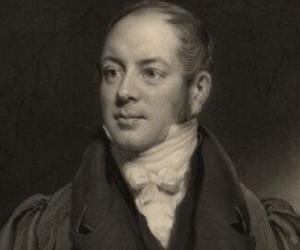
William Buckland was an English theologian, palaeontologist, and geologist. He is best remembered for his service as the Dean of Westminster. He is credited with writing the first full account of a dinosaur fossil, which he named Megalosaurus. William Buckland pioneered the usage of fossilized faeces to reconstruct ecosystems. Buckland was the recipient of the prestigious Copley Medal.
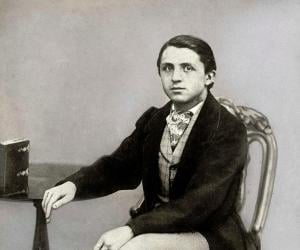
After studying subjects such as literature and theology, Abraham Kuyper became a pastor and founded the Calvinist paper De Standaard. He later established the Anti-Revolutionary Party and also served the Netherlands as prime minister. He was also the founder of the Reformed Churches in the Netherlands.
Swiss theologian Karl Barth is best remembered for his iconic work The Epistle to the Romans. His opposition to the German National Socialism got him suspended as a professor at the University of Bonn. Along with Eduard Thurneysen, he revolutionized Protestant ideals. He also delivered sermons to prisoners in Basel.
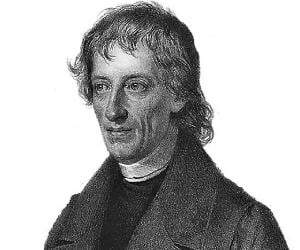

Theodore Parker was an American transcendentalist minister whose words and quotations would later help inspire popular speeches of the likes of Martin Luther King Jr. and Abraham Lincoln. A reformer and abolitionist, Parker played a key role in fighting against such laws as the Fugitive Slave Act.

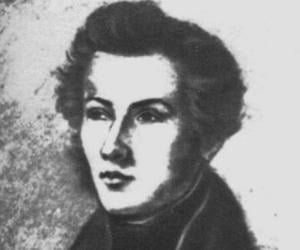
German philosopher Bruno Bauer is best remembered as a student of legendary German philosopher G. W. F. Hegel. Part of the group of intellectuals known as Young Hegelians, he was also a staunch Rationalist. He not only questioned the origin of Christ but was also accused of anti-semitism.
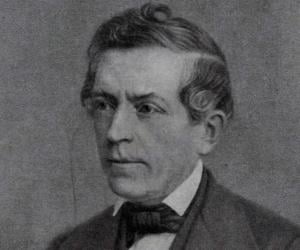
Protestant theologian David Strauss was 12 when he joined a seminary to study theology. Known for his works such as Das Leben Jesu, or The Life of Jesus Critically Examined, he criticized the Gospels and the miracles associated with Christ, thus inspiring future studies on the historical Jesus.
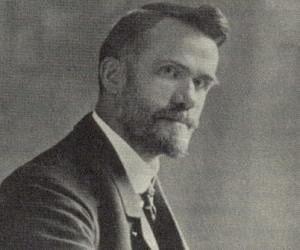
Walter Rauschenbusch was an American Baptist pastor and theologian. He played an important role in the single tax and Social Gospel movements by propagating the importance of theology through his book A Theology for the Social Gospel which he published in 1917. Walter Rauschenbusch's work influenced prominent personalities like Martin Luther King Jr., Norman Thomas, Desmond Tutu, and James McClendon.

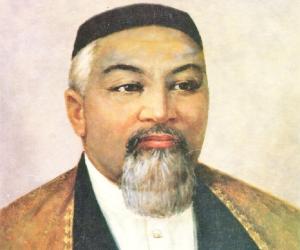
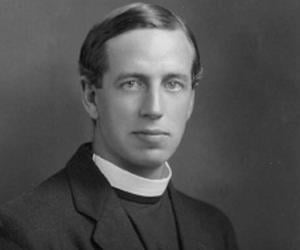
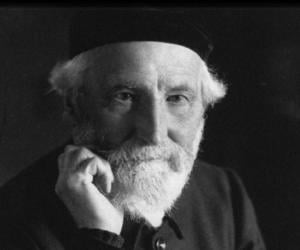
Edwin Abbott Abbott was a theologian, schoolmaster, and Anglican priest. He is remembered for writing the 1884 novella Flatland. He served as the principal of the City of London School where he supervised the education of H.H. Asquith, who would go on to serve as the prime minister of the UK. Abbott is also credited with writing educational text books.
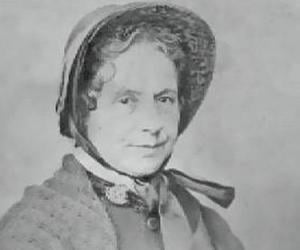
Owing to a spinal ailment, Catherine Booth remained mostly at home as a child. She later founded The Salvation Army, with her Methodist preacher husband William Booth, thus helping the poor and the needy. She refused to believe women couldn’t preach the gospels and wrote the pamphlet Female Ministry.
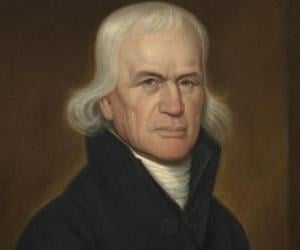
Francis Asbury was a bishop of the Methodist Episcopal Church. He played an important role during the Second Great Awakening, popularizing Methodism in British colonial America. He is credited with establishing many schools and his journal is deemed important by scholars due to its account of frontier society; his journal has descriptions of the functioning of towns in Colonial America.
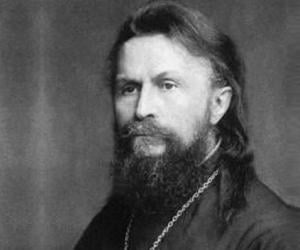
Born into a family of Russian Orthodox priests, Sergei Bulgakov, had grown distant from theology in his youth and studied law and political economy instead. Though he experimented with Marxism, he later moved back to the Church and formed what is now known as sophiology.
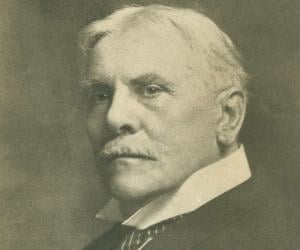
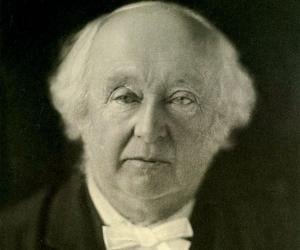
Proving himself to be a brilliant classical scholar in school, Benjamin Jowett gained a scholarship to Balliol College, Oxford, where he was eventually elected a master and vice-chancellor. The 19th-century academic and Anglican theologian is remembered for his translation of The Dialogues of Plato and other classical texts.
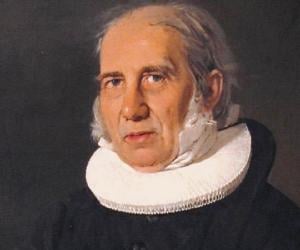
N. F. S. Grundtvig was a Danish author, pastor, poet, historian, teacher, philosopher, and politician. By the end of the 19th century, Grundtvig's philosophy had given rise to a new sense of nationalism, for which he is often counted among the most influential Danish people of all time. He is also remembered for promoting values like compassion, wisdom, and equality.
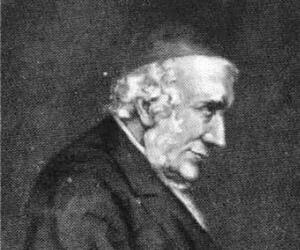
Paramahansa Yogananda was an Indian Hindu monk, yogi, and guru. He is known for introducing the teachings of meditation and Kriya Yoga through his organization Self-Realization Fellowship (SRF) / Yogoda Satsanga Society (YSS) of India to millions across the world. He authored the book Autobiography of a Yogi and is considered the Father of Yoga in the West.
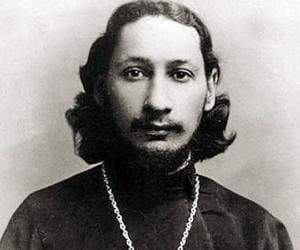
Russian theologian Pavel Florensky is best remembered for his essay The Pillar and the Ground of Truth. During Stalin’s regime and amid a phase of national atheism, he was sent to jail and also banished to Siberia for his religious beliefs, which he refused to renounce.
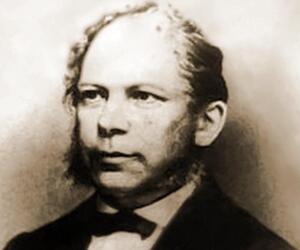
Although best remembered for his discovery of the world's oldest handwritten Bible, known as Codex Sinaiticus or Sinai Bible, Konstantin Von Tischendorf, a renowned Biblical scholar, worked chiefly on recension of the New Testament text. A prolific writer making extensive contributions to biblical textual criticism, he is today best known for his magnum opus, Critical Edition of the New Testament.

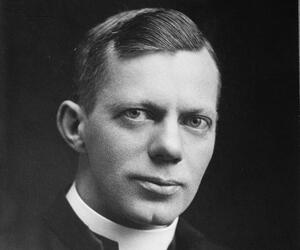
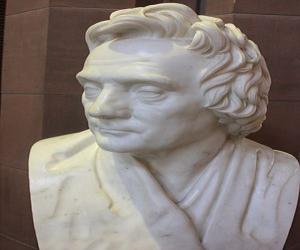
Scottish Presbyterian minister and political economist Thomas Chalmers has been immortalized by the town of Port Chalmers in New Zealand, named after him. An ordained minister, he was initially a math lecturer. He later became the Free Church of Scotland’s first moderator. He tried applying Christian ethics to economic problems.
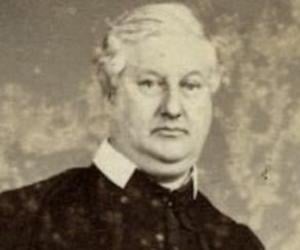

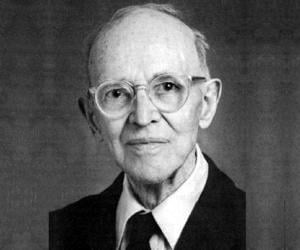
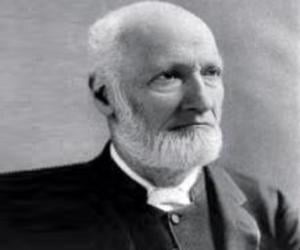
Swiss-American theologian Philip Schaff is remembered for his works such as The Creeds of Christendom. He believed that the positive aspects of both Roman Catholicism and Protestantism could be blended into an ecumenical form of spirituality. He later founded and headed the American Society of Church History.
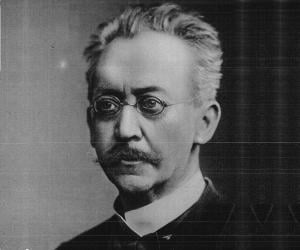
Adolf von Harnack was a Baltic German Lutheran theologian. Also an important Church historian, Harnack is credited with producing numerous religious publications between 1873 and 1912. Adolf von Harnack also played a prominent role in the establishment of The Kaiser Wilhelm Society for the Advancement of Science, where he served as the first president.

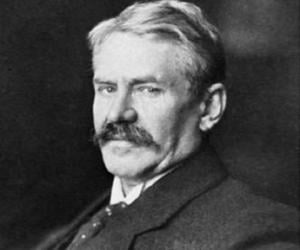
Ernst Troeltsch was one of the first German theologians to insist that the Christian church should reconsider its version of absolute truth. The Social Teaching of the Christian Churches remains his best-known work. The son of a physician, he was skeptical of religious absolutism from the very beginning.
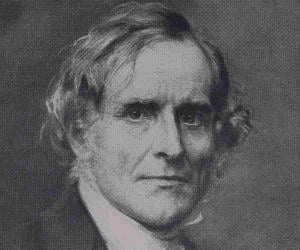
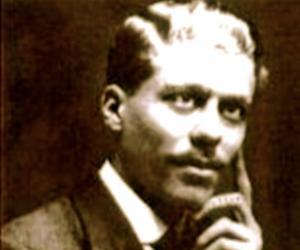
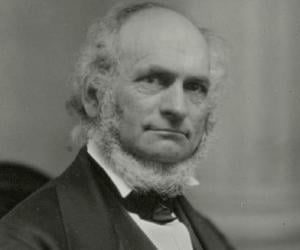
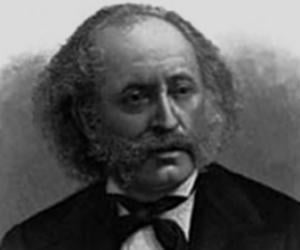
Isaac Mayer Wise was an American Reform rabbi, author, and editor. He is best remembered for his service as the rabbi of the congregation Beth-El of Albany. In this capacity, Isaac Mayer Wise effected many changes, such as the consent for having a mixed-sex choir, allowing women and men to sit together in family pews, and elimination of Bar Mitzvah.
